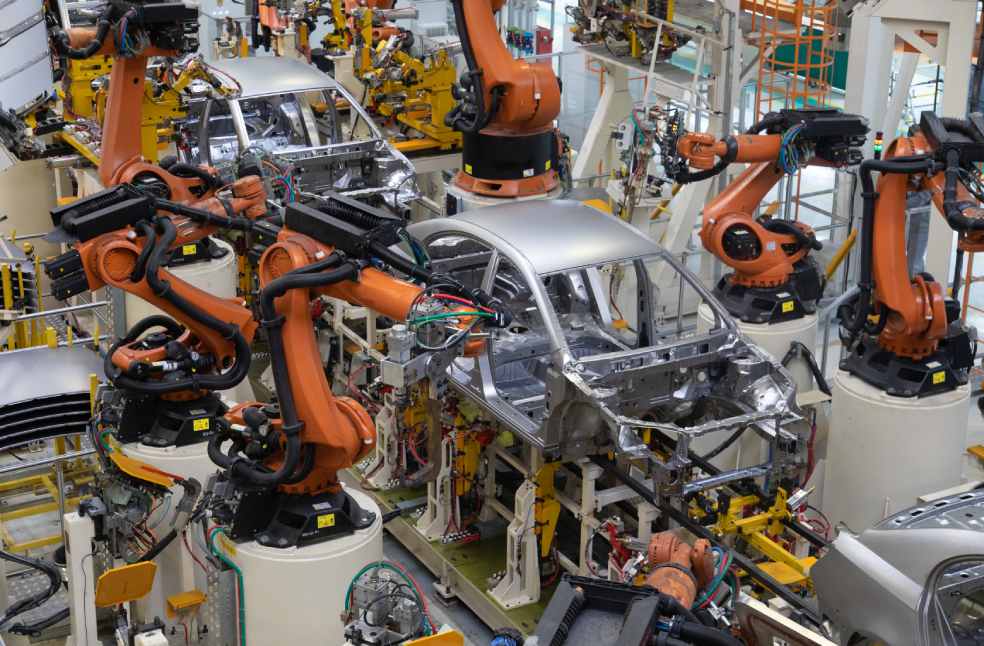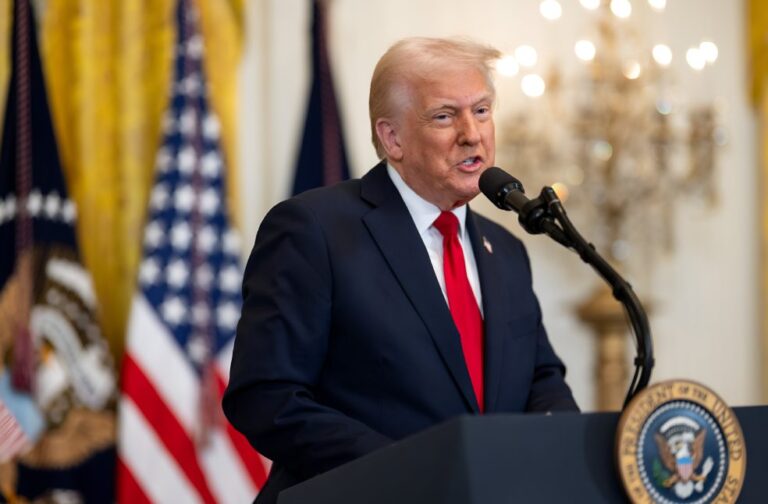United States: President Donald Trump plans to mitigate US auto tariffs in a move designed to support American car makers and protect domestic jobs, a White House official has confirmed.
The announcement comes as Trump prepares for a rally in Michigan. Michigan hosts the Detroit Three car makers Ford, General Motors (GM), and Stellantis and over 1,000 major suppliers.
Trump is expected to announce reduced import duties on parts used in US-made vehicles. However, vehicles assembled outside the US will still face automotive tariffs. But these will not include extra levies like those applied to steel and aluminium, according to the reliable sources.

Industry reactions on new auto tariffs
“This deal is a major victory for the President’s trade policy by rewarding companies who manufacture domestically,” said Commerce Secretary Howard Lutnick in a statement to the press.
Analysts view this policy shift of mitigating auto tariffs as a sign of flexibility from the administration. The motor industry has faced challenges under tariff-related pressures in recent months.
GM’s CEO Mary Barra welcomed the move. “We’re grateful to President Trump for his support of the US automotive industry and the millions of Americans who depend on us. We appreciate the productive conversations with the President and his Administration and look forward to continuing to work together,” GM’s CEO added.
Ford and Stellantis have yet to respond to media requests for comment. Last week, a coalition of US auto industry groups urged Trump not to impose 25 percent tariffs on imported car parts. In a letter to his administration, groups representing firms like GM, Toyota, and Volkswagen warned of consequences. The letter stated that the levies ‘will lead to higher auto prices for consumers, lower sales at dealerships and will make servicing and repairing vehicles both more expensive’.
Trump had earlier set a deadline on May 3 for the new auto tariffs to take effect. He has often described tariffs as ‘the most beautiful word in the dictionary. Still, critics argue they have disrupted markets and increased fears of a potential economic slowdown.



